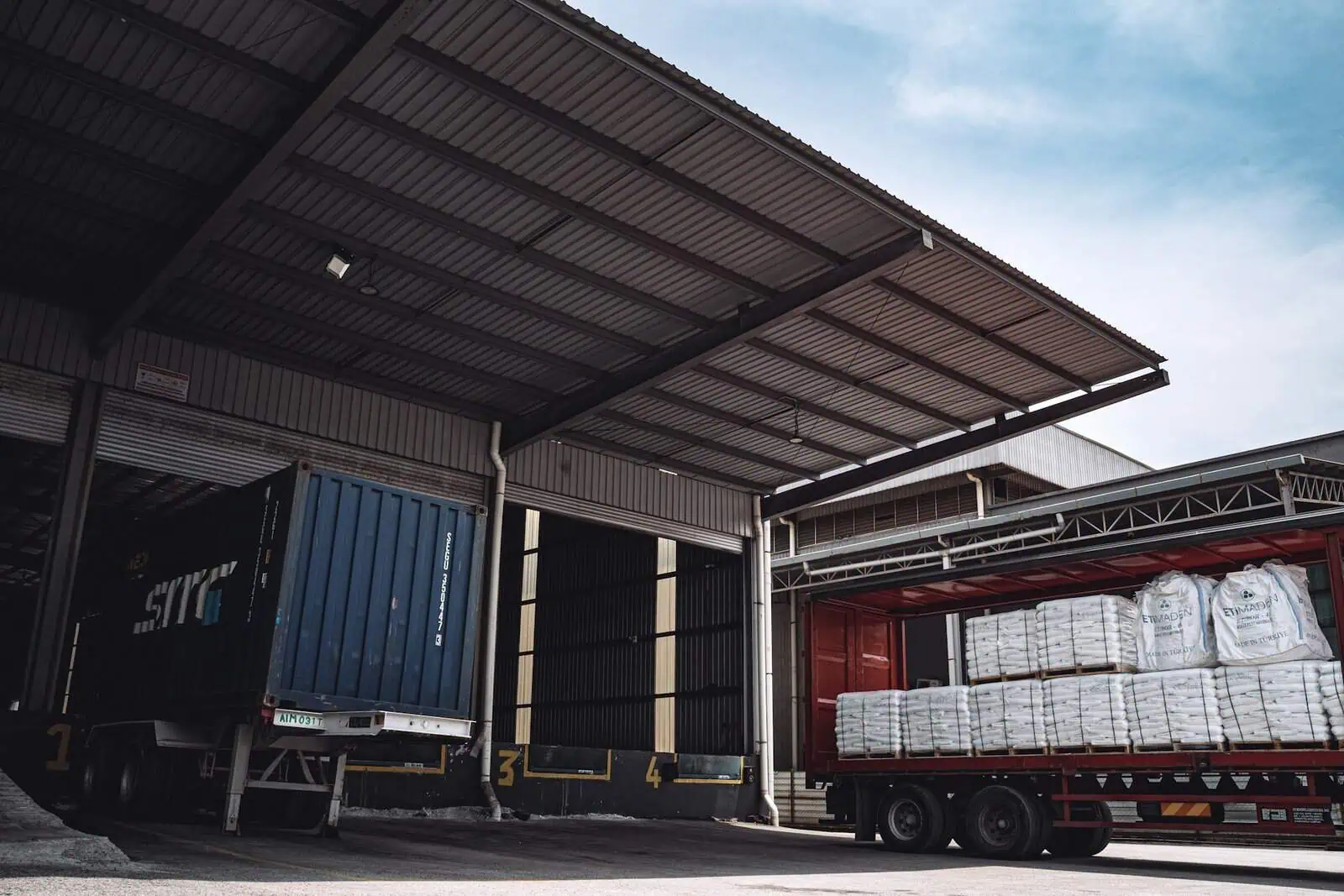These days, there is more and more pressure piled on the supply chain. A large part of the pressure comes from those operating warehouses, which means they must leverage new technology and innovations to streamline goods in and goods out processes. Loading bays have seen much innovation in recent years. This is vital when it comes to the scalability of an operation and also for meeting customer demand. Here, we take a look at the indispensable role of innovation when it comes to loading bay solutions.
What is available?
There are a variety of ways in which loading bay equipment and processes are being automated and improved. Below are just some examples of innovative techniques and technologies that are being utilised.
Smart Dock levellers
A smart dock leveller uses technology to adjust its height and position to align with truck beds of various sizes. This helps minimise gaps and prevent accidents. New technologies in the smart dock leveller include more accurate sensors, automation, and connectivity. This can save time manually raising and lowering the deck to cope with incoming vehicles.
Examples of dock leveller innovations include:
- Vehicle restraints – An innovative system uses a rotating hook. This hook secures the trailer’s ray impact guard, preventing separation.
- Control panels—It is now possible to use a touchscreen panel to provide real-time diagnostics, better usability, and troubleshooting guidance.
These are just a few examples of how the loading bay can be improved to provide an efficient and safe way of transferring goods.
Automatic guided vehicles
An automatic-guided vehicle is self-guided to navigate the loading bay and warehouse and transport goods. Using software and sensors, they can navigate routes that have been pre-defined and have obstacle avoidance features. Not only this, but automatic-guided vehicles can also lift more than your typical forklift. Some lifts can transport pallets that weigh up to 2 tonnes.
This can hugely speed up the loading and unloading process, though such systems can be quite expensive.
Internet of things
The Internet of Things can streamline unloading and unloading operations by connecting equipment and systems to allow them to work together seamlessly. For example, you can have sensors embedded into your dock level as doors, which can collect data on maintenance needs, performance and usage. The resulting data can help decisionmakers with valuable insight into how they can optimise their operations
Sustainability innovations
It would be wrong to talk about innovation without talking about sustainability. Energy-efficient lighting, smart energy management systems and solar-powered equipment are all innovative ways in which the warehouse environment can be made more sustainable. Reducing their carbon footprint is important to many businesses and their customers these days.
Examples of innovations in this area include
- LED lighting – this is a significant way of reducing energy consumption and maintenance costs. LED lighting typically costs less and requires less regular replacement of bulbs. Coupled with smart lighting systems, this can lead to a significant reduction in carbon footprint.
- High-performance doors- There are now innovative doors that create a tight seal around a truck, which reduces the need for energy usage for cooling and heating the warehouse environment.
Safety innovation
Safety is key in a warehouse environment. It is a busy place, with lots of moving parts, which creates a variety of risks. Innovation is also assisting with improving the safety of the loading bay. With access control systems, motion sensors and video surveillance, unauthorised access can be prevented. Blindspot alert systems can help to alert staff when someone is behind a trailer backing onto the loading bay too.
In order to create a safe, sustainable and high-performing loading bay, business owners must consider leveraging some of the new innovations, to ensure they keep up with demand.

